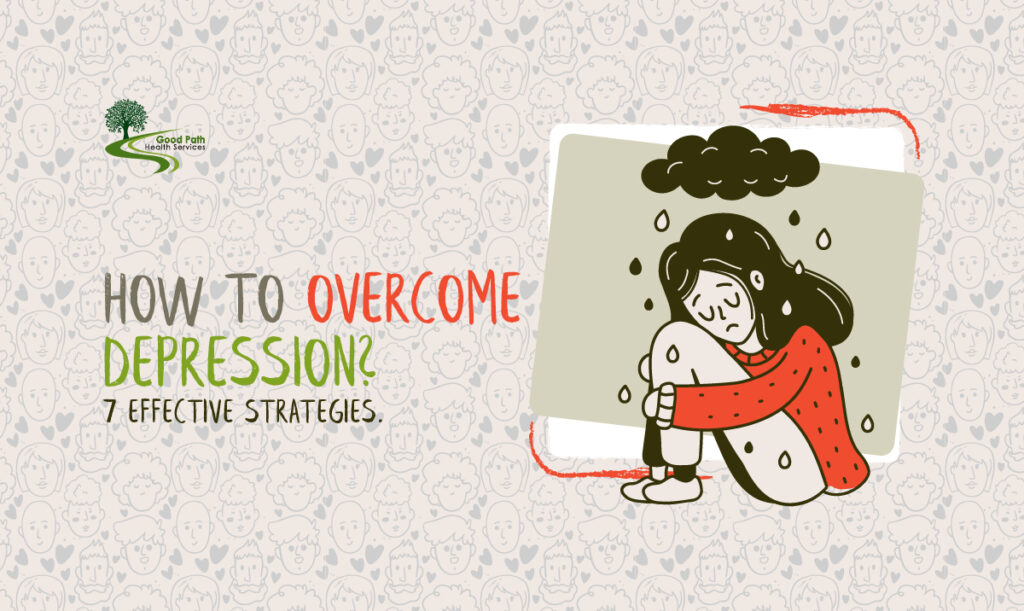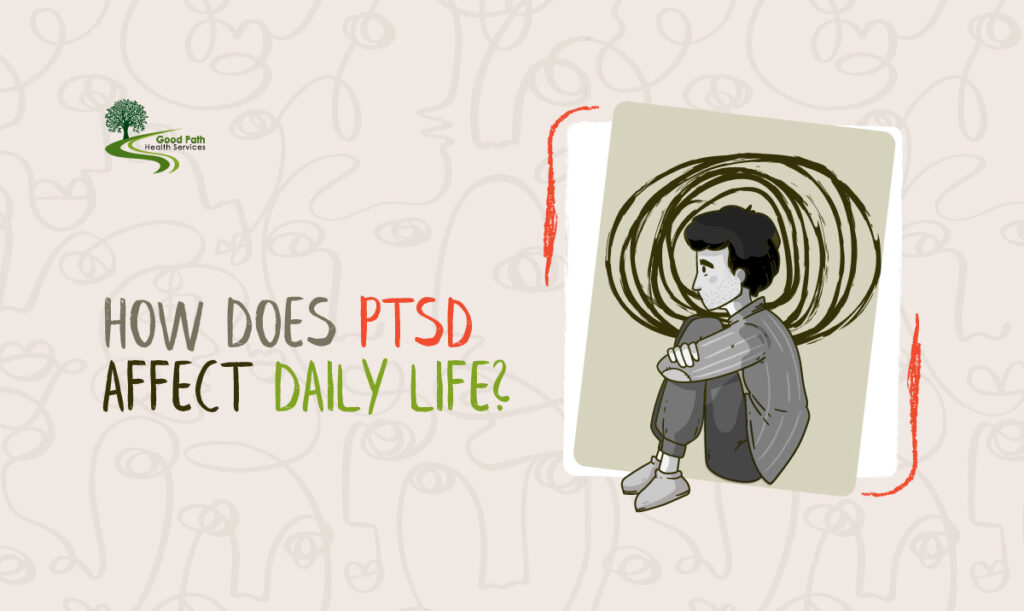
Magnesium is an essential mineral that plays several important roles. It helps our muscles move, our nerves function, and our blood sugar levels stay balanced. It also supports bone health.
Also, many people value magnesium for its calming effect. It’s often used as a supplement to boost sleep quality and decrease anxiety.
But remember, not every type is the same. So, which magnesium is best for sleep and anxiety?
In this blog post, we’ll sift through various magnesium forms and pinpoint the ones that excel for sleep and anxiety.
Why Magnesium is Important for Sleep and Anxiety
Magnesium plays a key role in regulating neurotransmitters, vital for transmitting information in our brain and nerves. It also links with GABA receptors, a neurotransmitter known for its calming powers.
With these traits, magnesium helps us relax our bodies and minds. This can make sleep come more easily, as well as lessen anxiety.
Different Types of Magnesium
Different kinds of magnesium supplements exist. They each have special benefits and how well the body can use them. Let’s check out a few usual ones. Specifically how they can aid sleep and relieve anxiety.
Magnesium Citrate
This is a common type of magnesium supplement. The body soaks it up easily. Often, it’s for getting rid of constipation. But, it also can soothe and aid in sleep and lessening anxiety. Thanks to how well the body can use it, magnesium citrate is great if you need a fast increase in your magnesium levels.
Magnesium Glycinate
Magnesium glycinate is a mix of magnesium and glycine. Glycine is an amino acid that helps us relax and reduce our nervous feelings. This kind of magnesium is absorbed well and usually doesn’t upset your stomach like other types can. Many people who need better sleep and less anxiety find magnesium glycinate helpful.
Learn more about magnesium glycinate for sleep and anxiety.
Magnesium Threonate
The magnesium threonate form is more recent. What makes threonate special is that it can cross what scientists call the blood-brain barrier. It directly affects how our brain functions. This makes it great for our brain health, such as keeping us calm.
Magnesium Oxide
Magnesium oxide, a usual type of magnesium supplement, typically aids with conditions like heartburn and indigestion. But, it may not absorb as well or benefit sleep and anxiety improvements as other kinds. If you’re targeting these areas, different magnesium types could be better suited.
Magnesium Chloride
Magnesium Chloride is another well-absorbed variety. Topical magnesium goods, such as creams and oils, often include it, and you can put them on your skin. While this increases magnesium in the body, it’s not as proven to aid with sleep and anxiety. Some people do notice a soothing impact from skin application, though.
Magnesium Sulfate
Epsom salt, or magnesium sulfate, is often added to baths. It helps unwind tight muscles and ease stress. While skin can absorb it, its sleep and anxiety impact might be less noticeable than other types. But, a warm Epsom salt bath before bedtime could still support a calm and restful routine.
Which Magnesium is Best for Sleep and Anxiety? – Choosing the Right Type
So which magnesium is best for sleep and anxiety? There are certain things to think about when picking the ideal magnesium supplement for sleep and anxiety:
Bioavailability
Bioavailability is about how well our body absorbs and uses a substance. Types like magnesium citrate, glycinate, and threonate are better absorbed, thus, they work better to help with sleep and anxiety.
Purpose
Think about your goals for taking a magnesium supplement. Want better sleep? Magnesium glycinate could be a great fit due to its calming effects. If you’re battling anxiety, consider magnesium threonate. It’s known for influencing brain function.
Tolerability
Magnesium, in certain forms, may upset your stomach, leading to problems like diarrhea. A better option could be magnesium glycinate. It’s usually easier on the stomach.
How to Take Magnesium for Sleep and Anxiety
Once you’ve picked the right supplement, make sure you take it the right way to get the best results.
Dosage
The recommended dietary allowance (RDA) for magnesium varies depending on age and sex. For men, around 400-420 mg daily is suggested. For women, it’s about 310-320 mg.
But remember, when starting with magnesium supplements, go slow. Begin with a smaller dosage, and then raise it gradually. This can help avoid any possible adverse effects.
Timing
Magnesium’s effectiveness for sleep and anxiety can depend on when you take it. An hour before bedtime might be a good time to take magnesium for better sleep. For anxiety relief, try taking small doses all day to keep your magnesium level steady.
Consider talking to a healthcare professional who can better guide you on the dosage and timing of your magnesium intake.
Combining with Other Supplements
Magnesium can work even better paired with other supplements. For example, taking magnesium and vitamin B6 may boost its soothing properties. Also, combining magnesium with melatonin might upgrade your sleep quality.
Potential Side Effects and Precautions
Magnesium is usually harmless, but understanding possible side effects and caution points can be useful.
Side Effects
Digestive problems like diarrhea, feeling sick, and stomach pains are typical side effects of magnesium supplements. To lessen these, begin with a small dosage. As your body gets used to it, you can slowly raise the dose.
Interactions
There can be reactions between magnesium and some medicines, such as antibiotics and high blood pressure medicines. If you’re on medication, checking with your healthcare provider before beginning magnesium is a wise move.
Overdose
Overdoing magnesium may trigger severe symptoms such as abnormal pulse, decreased blood pressure, and breathing problems. It’s best to abide by the suggested dosage and seek a medical expert’s advice if needed.
How Fast Does Magnesium Work?
Magnesium’s effectiveness varies. How fast it works depends on the type and the body of the user.
- Quick Results: Magnesium, like the citrate kind, can work in a few hours for some. Short-Term Ease: Research shows that symptoms like anxiety can ease within three days of taking 400 mg.
- Long-Term Advantages: For better results in sleep or stress relief, you should give it a week or so. Regular use over many weeks is usually advised for top results.
How Long Does Magnesium Stay in Your Body?
Usually, magnesium stays in the body for 12 to 48 hours. Things influence it like the sort of magnesium supplement used and how it’s taken in.
Takeaway
Magnesium is a robust mineral, beneficial in enhancing sleep and decreasing anxiety.
Which magnesium is best for sleep and anxiety? Magnesium glycinate and magnesium threonate are especially useful in this regard due to their high absorbability and soothing effects.
The proper supplement and correct intake can unlock magnesium’s various advantages, including better sleep and a more peaceful mind.
At Good Path Health Services, we get the significance of quality sleep and managing stress for overall health. Our professional staff is ready to help you find optimal solutions for your unique situation.
Get in touch with us to learn more about our mental health services and begin your path towards improved health and wellness.
FAQs
Can I take magnesium glycinate and citrate together?
Yes, you can consume both. They’re both easily absorbed and provide different benefits. Glycinate soothes and citrate boosts digestion. But don’t forget to track your total magnesium to not exceed the suggested amounts.
Magnesium L threonate vs magnesium glycinate: what’s the difference?
Magnesium L threonate, can cross the blood-brain barrier enhancing mental health like easing anxiety and promoting better sleep. Whereas, magnesium glycinate pairs with glycine, an amino acid which helps to relax and lessen anxiety. This makes it a go-to for enhancing sleep quality.
How long before magnesium works?
Magnesium’s impact can differ based on the type and person. Some might find swift relief in a few hours, especially with types like magnesium citrate. Greater benefits, like enhanced sleep or lessened anxiety, might need a week of regular use.
Can you take melatonin and magnesium glycinate together?
Yes, you can pair them up. This duo works wonders when it comes to enriching sleep. But always take advice from a health expert before introducing new supplements.
Which magnesium is best for sleep, glycinate or citrate?
Generally, magnesium glycinate is favored for sleep due to its soothing effects and superior absorption.
How much magnesium should I take for sleep and anxiety?
Common advice points to an intake of 200 to 400 mg every day. But, it’s best starting off with a smaller quantity, adjusting as needed.
What is the best form of magnesium for deep sleep?
Magnesium glycinate is mostly advised for quality deep sleep due to its calming features.
Is magnesium L Threonate better than glycinate for sleep?
Magnesium L Threonate boosts cognitive performance while magnesium glycinate often does a better job in improving sleep.



